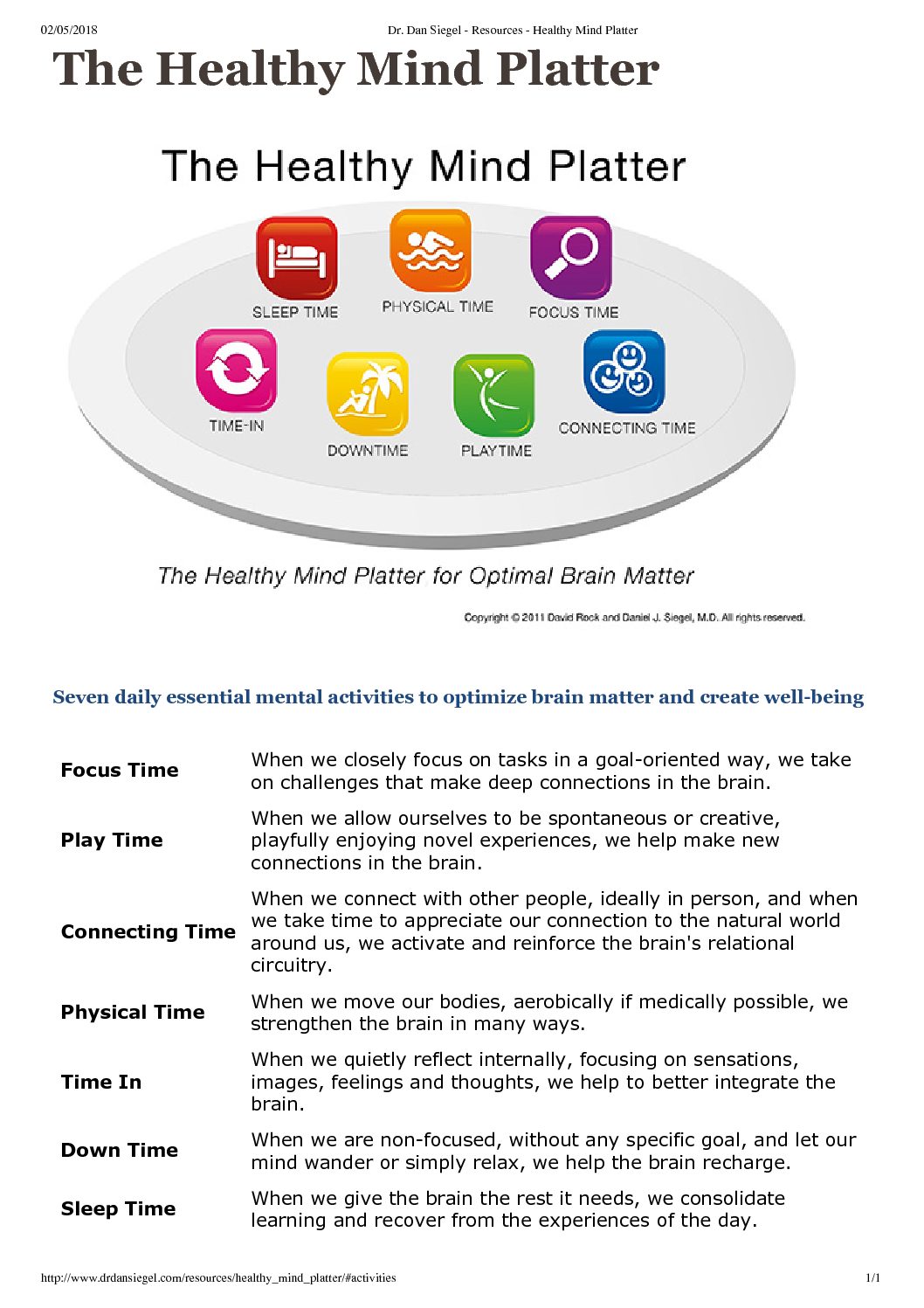How to Quit Smoking

Why Do People Continue to Smoke?
Smokers aren’t ignorant – nowadays it’s common knowledge that cigarettes are extremely bad for your health. Yet people continue to smoke despite vulgar warnings on packaging, and incredible costs. This is because smoking is one of the most difficult habits to kick. The fact that you’ve read this far means you might be ready to try quitting – possibly not for the first time.
Why is Smoking so Addictive?
There are two components to the addiction of smoking:
- the Nicotine (or drug) addiction;
- The habitual aspect of addiction (the stronger of the two).
All forms of medication that manage nicotine cravings only address the drug withdrawals; they don’t provide relief from the habitual aspect of addiction. Rather using nicotine replacement medication provides a window of opportunity to re-train yourself out of your smoking habit. It is for this reason that you must be mentally determined to quit. No medication can replace this.
Are You Ready to Quit?
If you have successfully quit before but relapsed, view this as a positive. You have proven you can do it.
Don’t be too hard on yourself, not many people give up a difficult habit on the first attempt! Learn from your experience; identify why you relapsed and develop a specific plan to avoid this circumstance again.
What’s the Best Way to Quit Smoking?
The most powerful tool to quit smoking is a positive motivation. So write yourself a list of 50-reasons why you want to quit and what you hope to get out of it.
Maybe you will:
- Feel better about yourself;
- Feel healthier;
- Have more energy;
- Taste food better;
- Breathe better;
- Live longer;
- Get fewer wrinkles and look younger;
- Have less staining on your teeth;
- Exercise better;
- Lose that chronic cough;
- Get sick less often;
- Save money.
Health Concern Motivations
Perhaps you’re motivated to quit smoking by a medical diagnosis such as emphysema or asthma, you need to have surgery or want to fall pregnant.
If your reasons for wanting to quit are stronger than your reasons for smoking you’re half way there!
Getting Others On Board Can Help
Quitting with a friend or relative can be helpful by providing some friendly competition and support.
Avoid Situations Which Might Trigger Smoking
Identifying and then avoiding triggers for smoking can be useful. Such as avoiding others who smoke, or situations that usually make you smoke such as drinking alcohol or having a coffee.
Changing your daily routines can help you to learn new habits that don’t involve smoking. If there are underlying issues or stresses in your life addressing these can be crucial.
Strategies to Manage Cravings
Develop some strategies to apply when you feel a craving.
Refer to your list of 50-reasons for quitting.
Physical activity can be helpful, some people find citrus foods useful.
Think about a really positive memory or experience from your life in great detail. This aims to replace the positive feeling that your brain is seeking from the cigarette.
You can distance yourself from the craving by learning to label it as a feeling or thought. For example “here’s my old friend the craving again”. Realising the craving is just an unhelpful thought enables you to observe the craving like a bystander and not act on it.
Mindfulness exercises such as concentrating on your breathing can be helpful. There are apps such as “Smiling Mind” and “ACT coach” you can use to learn these skills.
Alternatively, focus intently and deeply analyse the feeling of the craving. Notice how it fluctuates with time, try to note where in your body it is located. This encourages acceptance of the feeling and helps you realise you can live with the temporary discomfort of the craving, knowing that it brings you a step closer to achieving your goal.
Make use of resources such as 13QUIT and www.outsmartcigarettes.com.au.
Apps
Psychiatrist Dr Rob Purssey from The Brisbane ACT Centre highly recommends the SmartQuit app which is an excellent ACT based resource to help you quit.
What Medications Work Best for Quitting Smoking?
Medications can help manage the nicotine (or drug) withdrawal symptoms. If you smoke less than 10-cigarettes per day, you probably don’t need any medication.
You can expect the most severe withdrawal effects to subside after about 10-days. Most smokers take about 3-months to feel relatively comfortable without smoking.
Nicotine Replacement
Nicotine replacement therapy (NRT) works by replacing the nicotine in cigarettes with other forms of nicotine that have a more controlled release. The dose is then slowly tapered over time to minimise the withdrawal effect. Options include slow release patches of various strengths depending on how many cigarettes you smoke per day. They can cause skin irritation and insomnia. There are various short-acting options available such as gums, lozenges, sprays and even electronic cigarettes. They can cause nausea and heartburn.
Champix (Varenicline) should be used with caution. It works by targeting the Nicotine receptors in your brain. The medication is commenced before you quit smoking and it makes smoking less pleasurable. You then quit on a pre-determined date and it helps manage cravings without the need for supplementing with other forms of nicotine. However, it’s not suitable for everyone, particularly if you’ve suffered depression or other mental illness. It can cause side effects such as vivid dreams, nausea or light-headedness which are usually mild and manageable but unpredictably in some people it can cause suicidal thoughts.
Other medications such as Zyban (Bupropion) or antidepressants are less commonly used.
See Your GP for More Advice on Quitting
Remember, having good reasons and motivation to quit is the most powerful tool to help you get there, so start writing that list of 50-reasons.















